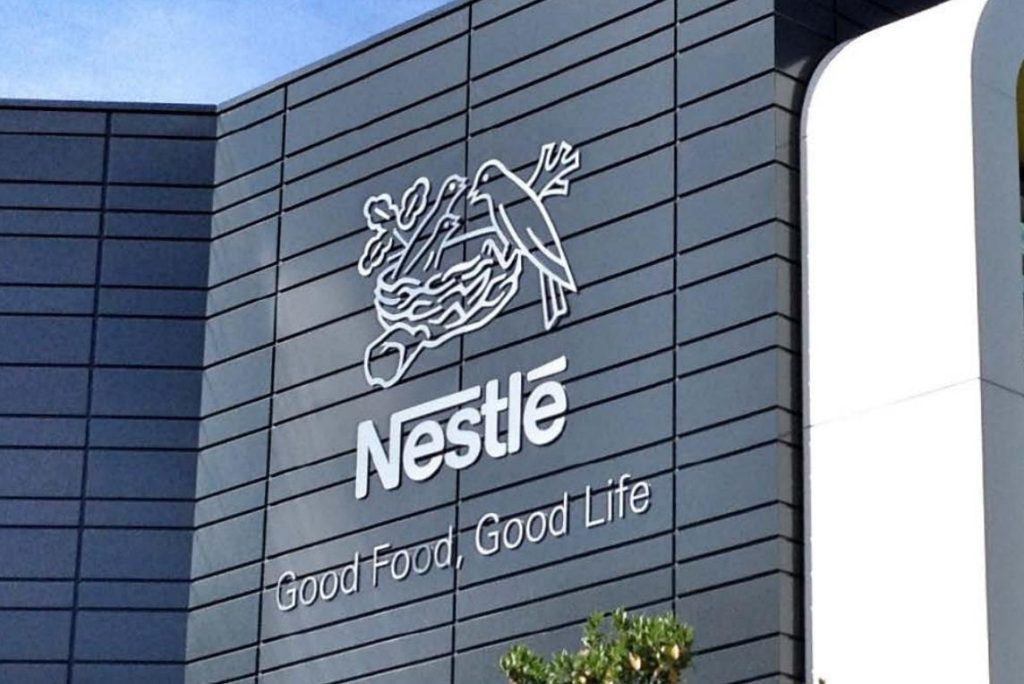Global food and beverage company Nestlé announced the release of a new independent evaluation of its income accelerator program promoting improved livelihoods for cocoa farming families and environmentally sustainable agricultural practices, indicating that the program is delivering measurable improvements in income and household resilience.
The company said that it is expanding the program from its 10,000 family test phase in Côte d’Ivoire to 50,000 families by 2026 in Côte d’Ivoire and Ghana, with a long-term goal of supporting an estimated 160 000 cocoa-farming households by 2030.
Nestlé, home to leading chocolate brands including Kit Kat and Nesquick, is one the world’s largest corporate cocoa consumers, sourcing roughly 430,000 tons per year, with much of the supply sourced from Ghana and the Ivory Coast, exposing the company with supply chain sustainability risks such as child labor, and other poverty-driven social issues.
One of the key initiatives launched by Nestlé in order to address these issues is the income accelerator program, aimed at helping support farmers and their families in their transition to more sustainable cocoa farming. The program, piloted in 2020 with 1,000 families, and scaled to 10,000 families in 2022, provides direct financial incentives to families for activities and agricultural practices designed to steadily build social and economic resilience over time. Under the program, families receive up to CHF 500 annually for enrolling children in school, implementing good agricultural practices which increase crop productivity, performing agroforestry activities to increase climate resilience, such as planting shade trees, and generating diversified incomes, including growing other crops or raising livestock.
Nestlé CEO Laurent Freixe said:
“Our income accelerator program is one of our key sustainability initiatives. And we are committed to expanding it further in Côte d’Ivoire and Ghana, our main cocoa origins. We welcome the interest of governments and other industry players in our approach. Together, we will be able to scale up our work for impact.”
According to the new independent report assessing the program’s progress in 2024, provided by the KIT Institute, despite a challenging season marked by poor cocoa harvests due to changing weather patterns, families participating in the program saw yields 18% higher than a control group of cocoa farmers, and household earnings 15% above peers. Participant families also saw a 31% increase in a score of children well-being compared with those not in the program, according to the report, which also found that 88% of children were enrolled in school in 2024, up from 81% in 2022.
Based on feedback from farming families and partners, Nestlé said that it will adjust the program in its next phase, including simplifying incentive structures to improve clarity and speed of implementation, while maintaining the same level of financial support.
Darrell High, Nestlé Cocoa Manager, said:
“Since launching the Income Accelerator Program pilot in 2020, we have continuously refined our approach based on feedback from farming families and independent evaluations. This report confirms that even in a challenging year, the program is making a real difference, which is very encouraging.”

